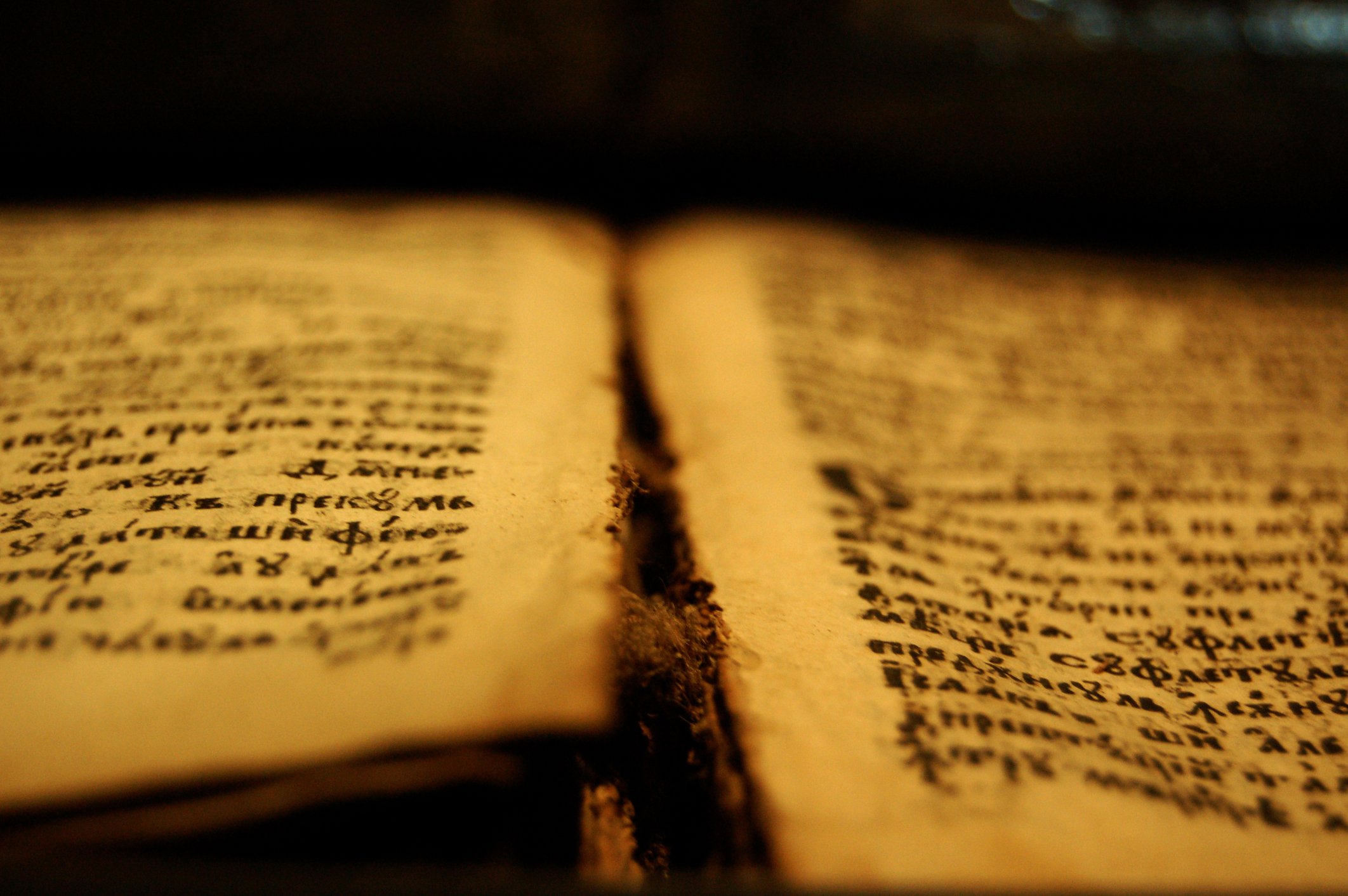Key Bible Passage(s):
Acts 20:27-31; I Tim.6:2-4; I Thess.2:13 & 4:8; II Peter 3:15-16
Tier 1:
The ‘Canon’ of Scripture is the list of the books that together compose the Scriptures. ‘Canon’ is an ancient word meaning rule or standard. The idea is that these are the books against which everything is to be measured. The Apostles and the Prophets provide a standard against which we can measure the authenticity of life and doctrine. Nothing must be allowed to deviate from this rule. If it does, it is called false teaching.
Tier 2:
How do we know which books should constitute the Canon. There were lots of things being written in the Church throughout the generations: why did some get called Scripture and others not? Are there other books that should be in? How can we - even today - recognise the qualitative different nature of the books we call the Bible?
Tier 3:
Sometimes people argue that in the Apostolic era there was some uncertainty about what the Church should teach, and why. We are often told there were different ideas about which writings should be considered inspired, and what should constitute ‘catholic’ Christianity. What are we to make of such claims? Why did different parts of the Church have different ideas? Should that undermine our confidence in the Bible?
These are the fountains of salvation, that he who thirsts may be satisfied with the living words they contain. In these alone the teaching of godliness is proclaimed. Let no one add to these; let nothing be taken away from them.
Athanasius of Alexandria
Discussion Questions:
If we discovered III Corinthians, or Paul’s letter to the Laodiceans, should we accept it as part of our Bibles? Why do you think some books qualify for inclusion in the Bible, and not others?
Do you sometimes read passages and wonder why they are in the Bible? What do you do with those passages? Are there parts of the Bible you don’t think should be there?
How confident are you that you could recognise false teaching if you came across it? Do you agree with the category? Should everything be measured against the Bible? …or are there so many interpretations that it wouldn’t make sense?
and later in the session:
Is it simply a circular argument (i.e. you should believe the Bible is the Word of God because the Bible says it is the Word of God)?
Why is it important in your life as a Christian to know what is God’s word and what isn’t? How different would your Christian life look if you weren’t sure what God had said?
Do you think there are errors / mistakes in the Bible? If you do, what are they?
As you’ve grown as a Christian, has your confidence in the Bible grown stronger or weaker? How do you think God wants to think and feel about His Word? how can you grow into that more fully?
Homework:
Over this half-term we have been working to memorise Matthew 6:25-34. You will have to keep refreshing Matt.5:1-26, Matt.6:5-15 and Matt.7:7-28 whilst you do this.
(we’ll memorise the whole of the Sermon on the Mount over the 3 years of DTP)
To Be A Christian, Q&A 25-35
If you were with us last term, take another look at Q&A 252-255, and see what aspect of your rule of life you could begin to develop this term..? It might be your habits of reading, studying and meditating on Scripture?
Thought experiment: How would you preserve the Bible and your relationship with the Bible if you found yourself in a society where it was prohibited?


